Parents are often our first source of wisdom, guiding us through childhood with their well-meaning advice. However, not everything they tell us is grounded in truth. Some parental tales, though charming, are simply myths that have been passed down through generations. These myths are so deeply rooted in tradition that we rarely question their validity. This blog post explores 15 such lies that many of us continue to believe, even as adults. By shedding light on these misconceptions, we aim to separate fact from fiction and offer a fresh perspective on some of the most common parental advice.
1. If you swallow gum, it stays in your stomach for seven years
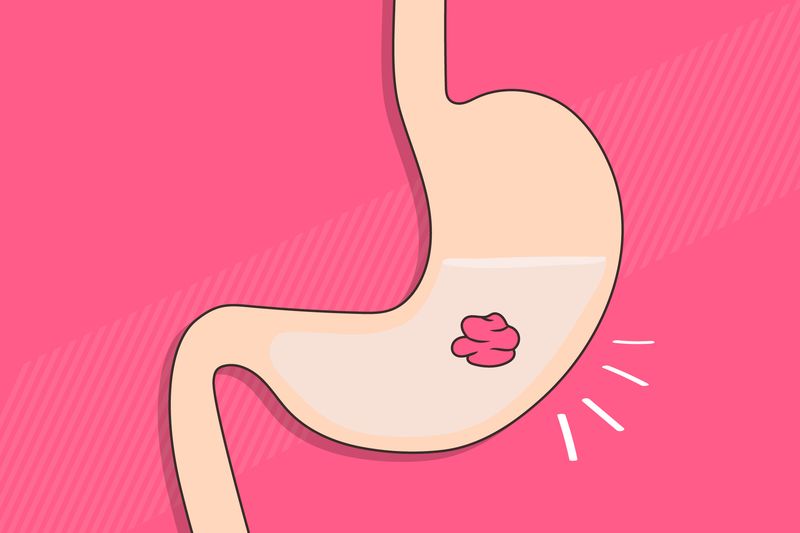
Picture this: a childhood moment frozen in time, as you inadvertently swallow your gum. Panic ensues as the parental warning echoes: seven years! In reality, gum doesn’t linger for such an extended period. Our digestive systems, efficient as they are, will eventually pass the gum. Although not digestible, it exits the body, usually within a few days. This tale likely originated to deter kids from swallowing gum too often. So, rest assured, your body’s natural processes can handle it, debunking the seven-year myth.
2. Sitting too close to the TV will ruin your eyesight
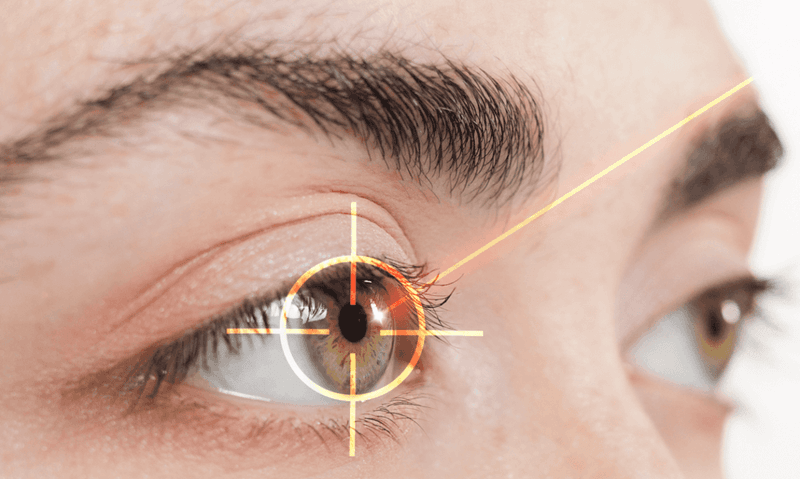
The vivid memory of being told to step back from the television might still resonate with you. Parents worried that proximity to the screen could harm eyesight. However, modern science debunks this myth. While it may cause temporary eye strain or discomfort, sitting close won’t cause permanent damage. The myth likely began with older TV models, which emitted radiation. Today’s screens are safer, making this parental caution more about comfort than health hazards. So, feel free to sit at a comfortable distance without fear of ruining your vision.
3. If you make a funny face, it will get stuck that way

Imagine the playful moments of contorting your face into silly expressions. Parents, often exasperated, warned that such faces might freeze permanently. This myth, though playful, is baseless. Our facial muscles, designed for expression, are incredibly resilient. The idea likely served as a comedic deterrent against constant silliness. In truth, no scientific evidence supports faces sticking permanently, leaving this tale as a whimsical reminder of parental creativity.
4. Cracking your knuckles will give you arthritis
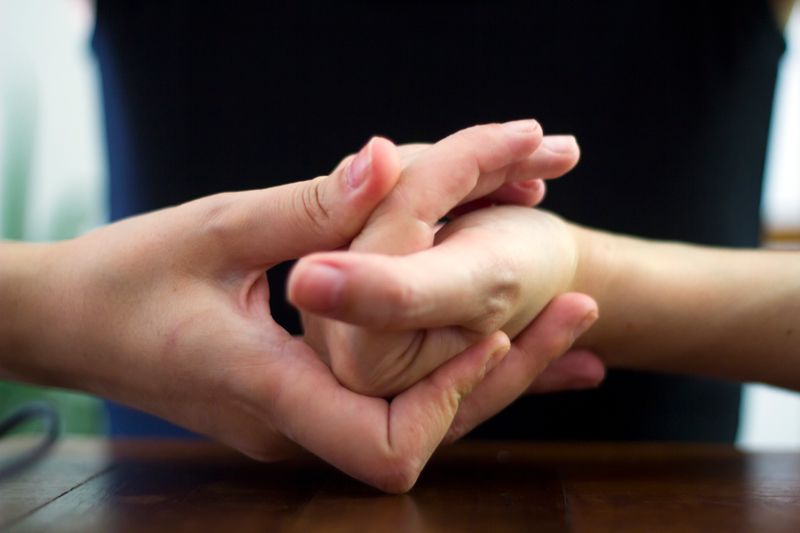
The distinctive pop of cracking knuckles has long been met with stern warnings from parents. “You’ll get arthritis,” they’d say. Yet, research hasn’t found a direct link between this habit and arthritis development. While the sound may be irritating, it’s caused by gas bubbles bursting in the joint fluid, not by damaging the joints. This myth persists likely due to its unsettling noise and the natural concern for joint health. Rest assure, you can crack on without fear of arthritis.
5. Eating carrots will improve your eyesight

The vibrant image of munching on carrots to gain super-vision is a tale many parents tell. Carrots, rich in vitamin A, do support overall eye health, but they won’t give you extraordinary vision. The myth likely originates from wartime propaganda, where pilots’ improved night vision was credited to carrots. While beneficial, carrots alone won’t transform eyesight. A balanced diet, however, remains essential for maintaining healthy vision.
6. Your hair will grow back thicker if you shave it

The idea that shaving prompts thicker hair growth is a myth many still believe. Shaving cuts hair bluntly at the surface, making regrowth appear coarse, but it doesn’t change the thickness or rate. This myth likely started as a way to deter unnecessary shaving. The truth is, hair characteristics are determined by genetics, not shaving habits. So, the next time the razor comes out, remember it’s not a growth booster.
7. You’ll catch a cold if you go outside with wet hair

A timeless warning, “Dry your hair before stepping out,” echoes in many homes. Parents feared colds would follow damp hair and chilly air. Yet, the common cold is caused by viruses, not wet hair. This myth may have stemmed from the discomfort of cold air meeting a damp scalp. While it won’t cause illness, bundling up is wise to avoid the unpleasant chill. Thus, wet hair alone won’t usher in a cold.
8. You can’t swim after eating

The suspense of waiting post-lunch, staring at the inviting water, is palpable. Parents often cautioned against immediate swimming, fearing cramps. However, no substantial evidence supports waiting after eating before swimming. While digestion diverts blood flow, it doesn’t incapacitate muscles. This myth likely aimed to prevent overeating and encourage moderation. So, while moderation is key, a leisurely swim post-meal is perfectly safe.
9. Reading in dim light will damage your eyes

The cozy memory of sneaking a book under dim light is often met with parental discouragement. Dim reading, they warned, would harm eyes. Yet, modern studies show dim light causes temporary strain, not permanent damage. This myth, perhaps, aimed to promote better reading environments. While proper lighting enhances comfort, it’s not a safeguard against eye damage. So, continue your nighttime adventures without fear of lasting harm.
10. Coffee will stunt your growth

The allure of coffee meets the oft-repeated parental warning: “It’ll stunt your growth!” This myth, however, lacks scientific backing. Studies show no evidence linking coffee consumption to reduced growth in children. The myth might have originated from concerns over caffeine’s effects on calcium absorption. While excessive caffeine isn’t ideal for young ones, moderate consumption won’t hinder growth. So, enjoy your brew with peace of mind.
11. Eating chocolate causes acne
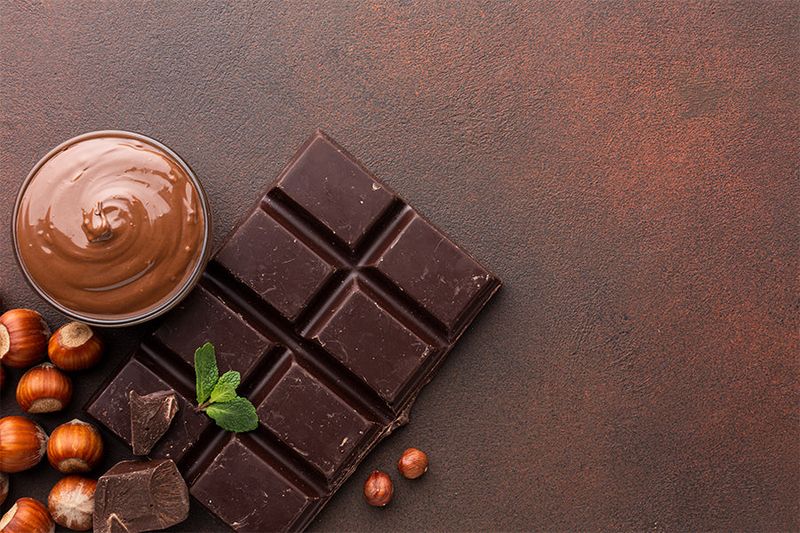
The temptation of chocolate is met with the dreaded acne myth. Parents often linked chocolate indulgence to breakouts, yet science doesn’t uphold this theory. While diet can affect skin, chocolate itself isn’t a prime cause. The myth likely arose from concerns over sugar and fat content. Maintaining a balanced diet supports clear skin, but chocolate in moderation isn’t the enemy. So, savor your treat without undue worry.
12. Reading too much will ruin your eyesight

For avid readers, the notion that books could harm eyesight was a parental caution. Yet, this myth holds little truth. Excessive reading might cause temporary strain, but not lasting damage. The myth might have aimed to balance reading with other activities. While taking breaks is wise, reading remains a safe and enriching habit. So, continue your literary explorations without fear of permanent harm.
13. If you cross your eyes, they’ll stay that way

The playful act of crossing eyes is often met with a stern warning: they’ll stick! This myth, however, is a playful cautionary tale. Crossing eyes temporarily engages muscles but won’t lead to permanent alignment. The myth likely serves to moderate excessive silliness. While continuous strain isn’t advisable, occasional eye-crossing poses no lasting risk. So, enjoy this playful expression without fear of permanence.
14. Eating crusts will make your hair curly
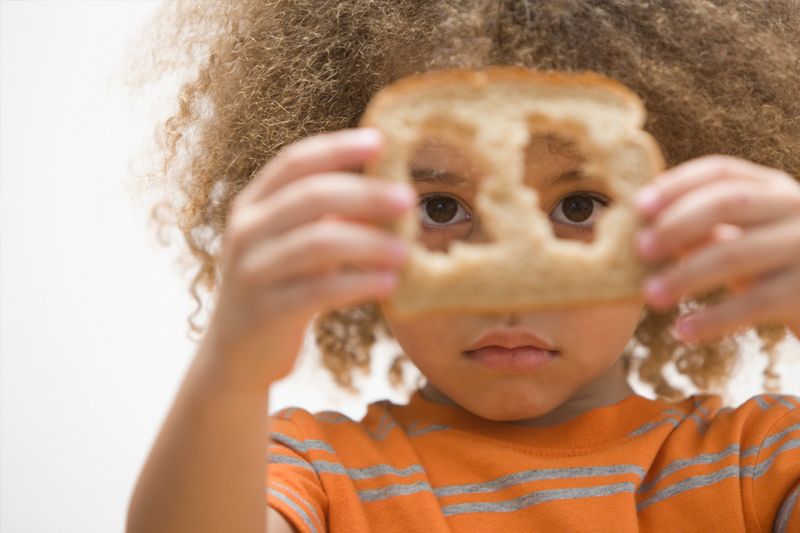
The whimsical idea that bread crusts would curl hair is a quirky parental tale. While crusts are slightly more nutritious, they don’t influence hair texture. This myth likely started as a whimsical encouragement to finish meals. Genetics, not diet, govern hair texture. So, enjoy crusts for their taste and slight nutrient boost, but don’t expect curls. The myth remains a playful nod to creative parental motivation.
15. Goldfish have a three-second memory

The notion of a goldfish’s fleeting memory span is a charming myth. Contrary to popular belief, goldfish have a memory span far exceeding three seconds. Studies show they can remember tasks and recognize owners. This myth likely originated from their simplistic environment and behaviors. So, rest assured, your goldfish is more perceptive than often credited. This tale serves as a reminder of the surprising depth in even the simplest creatures.

Well, hello there!
My name is Jennifer. Besides being an orthodontist, I am a mother to 3 playful boys. In this motherhood journey, I can say I will never know everything. That’s why I always strive to read a lot, and that’s why I started writing about all the smithereens I came across so that you can have everything in one place! Enjoy and stay positive; you’ve got this!

